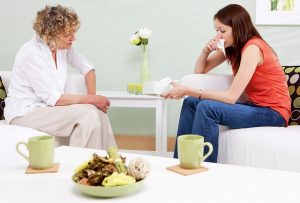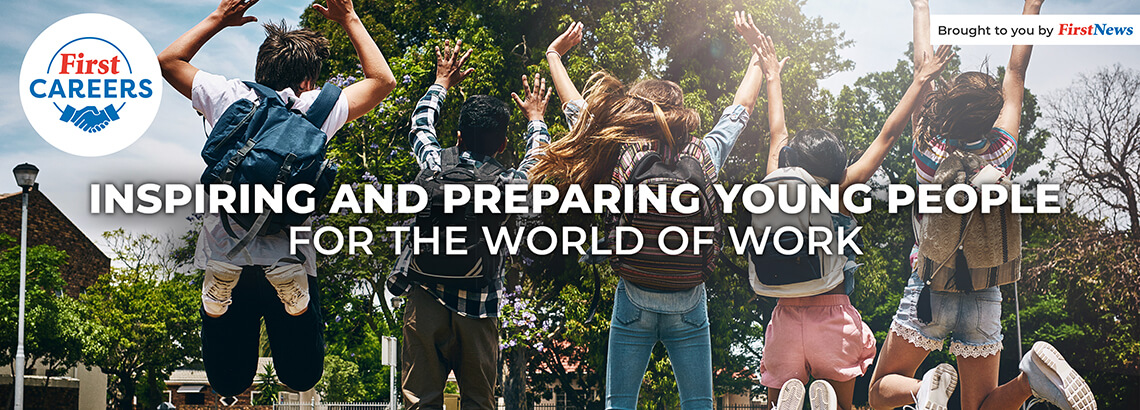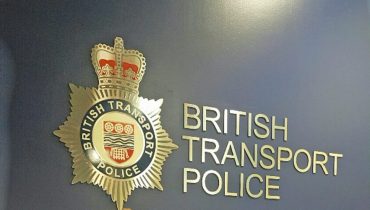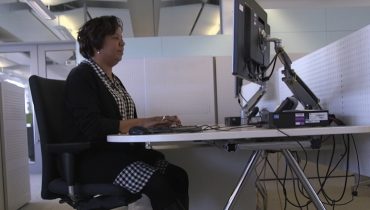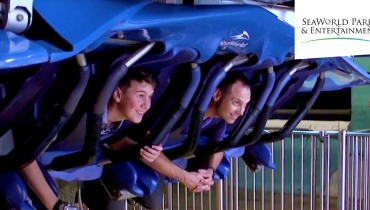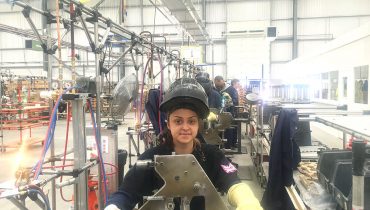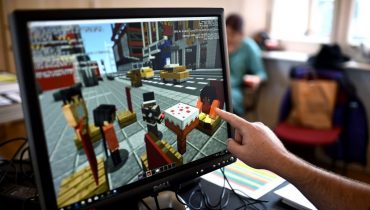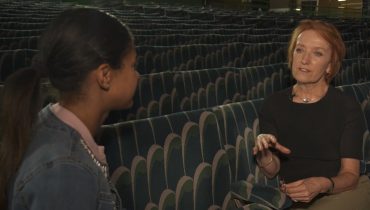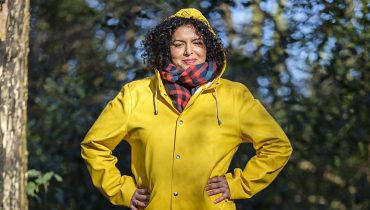
Isabel Bristowe
Counsellor
What I do
I am a counsellor. Counsellors are trained to listen without judging and to help people sort out their thoughts and feelings. This is also known as talking therapy where people can, in confidence, explore many aspects of their life and feelings that might be difficult with family and friends.
How I got my job
First, I trained with a nationwide voluntary organisation that helps people in their grief when someone who is close to them dies. I then did a counselling degree over three years to gain a qualification as an individuals counsellor (counsellors also work with couples and families). I now work for a voluntary counselling organisation and have a private practice.
What I love about my job
I feel very privileged to be with people in such a close way and to be alongside them as they explore and learn more about themselves. It is very satisfying to witness people grow towards and learn to love the person they are becoming rather than feel worried about being who they think they ought to be.
What’s difficult about my job
The training to become a counsellor was very hard and required a lot of self rejection and my own personal therapy. I get to hear a lot of people’s very sad and difficult life stories. It will help them to feel understood and heard if I am open to their experiences and allow myself to fully feel what they are feeling. However, it is important, and sometimes difficult, to not become emotionally involved or to offer advice.
What skills I need
The most important factor in counselling is that I am able to form a solid relationship with people without becoming emotionally involved. I need to be empathic [understanding] and see things from their point of view. This is very different to sympathy, which is about feeling sorry for them. Other skills include being able to actively listen, react and know which questions to ask.
It is really important that I don’t judge clients or make any assumptions about them and that I keep an open and curious mind to really understand their own personal experiences.
Where to start
Being part of a student body in your school will provide a chance to practise your skills at listening and empathy and will demonstrate care and compassion. Volunteering for anything social is useful, too. You might also consider joining a scheme such as the Duke of Edinburgh’s Award
